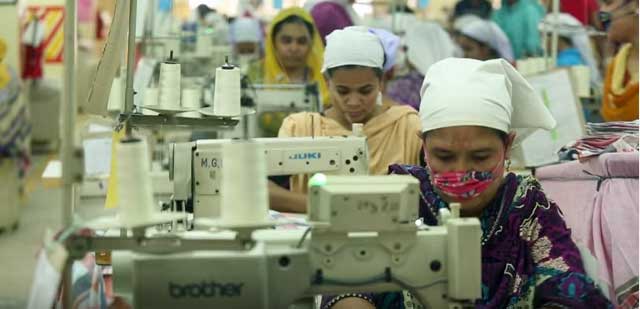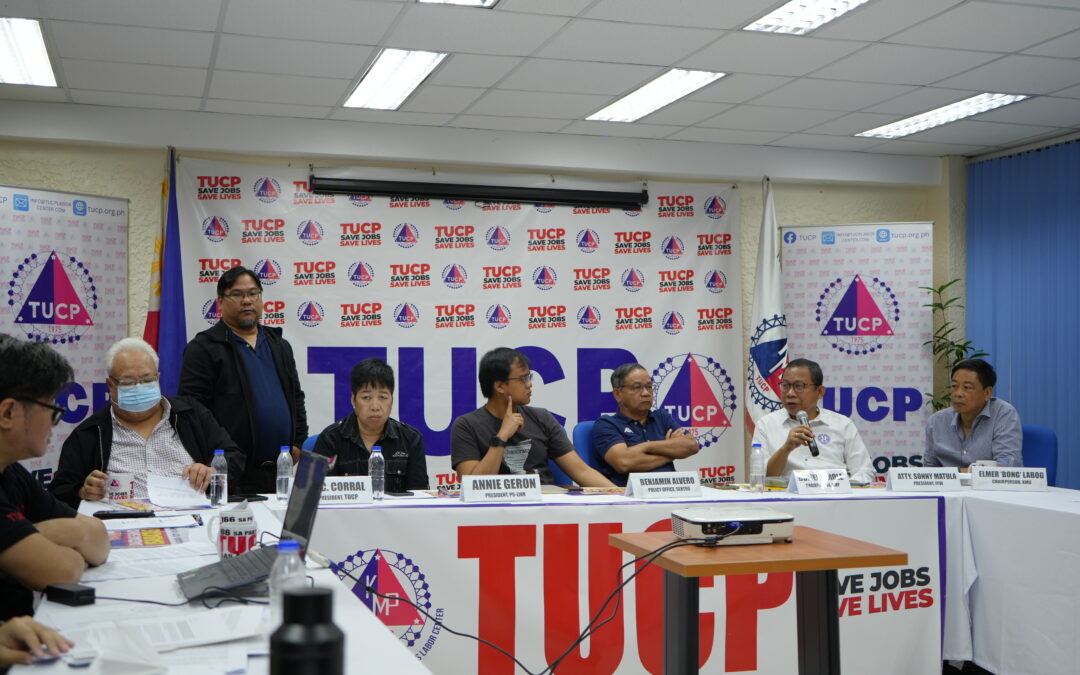
Bangladesh Garment Workers: Hopeful, Cautious
With the unexpected shift in Bangladesh political leadership, garment workers say they are hopeful but cautious about the effect on their wages, working conditions and fundamental civil rights, such as the freedom to form unions.
“We hope something positive will happen. However, after the fall of the government, some factories … were prevented from opening in some places,” one factory-level union representative* told the Solidarity Center. “It should not happen.”
After weeks of peaceful student protest were met with deadly government suppression, long-term Prime Minister Sheikh Hasina was forced to flee the country on August 4. Students were rallying against a government jobs quota system granting coveted decent work opportunities to family veterans of the 1971 Bangladesh war for independence. More than 600 protestors have been killed.
The economy of Bangladesh, the world’s second-largest garment exporter, depends on garment factories, but producers say customers are concerned about violence and disruption. In 2023, 4 million garment workers contributed 85 percent of Bangladesh’s $55 billion in annual exports.
The recent disruptions, including a government internet shutdown, closed factories, but some garment workers were back to work August 7.
“We only wish our garment sector to thrive,” another worker said. “Our hope is all the factories remain open.”
Lack of Union Freedom Represses Decent Wages, Work
Government repression against workers seeking to form and join unions has prevented garment workers from achieving the living wages and safe working conditions they have sought to achieve, workers say.
With a new government, garment workers seek a crucial change: The ability to freely exert their internationally recognized freedom to form independent unions and bargain collectively for wages and working conditions.
“We want to be able to exercise our trade union rights to the fullest with no pressure from anybody,” says one union leader, who has received threats for efforts to stand up for worker rights.
Although most factories have resumed production, garment workers say their monthly wage still must be increased.
“Many families live on the income of garment workers,” said the union representative.
While many garment workers received wages in July, union leaders tell Solidarity Center that in many other factories, especially those without unions, workers were not paid. In Gazipur, ready-made garments and textile factories demanded their due payment.
Last fall, garment workers who held protests for higher wages were also brutally repressed. The government raised wages to $113 a month, an amount union leaders say does not cover the cost of living, and about half of what workers sought. Multiple labor organizations, including the Industrial Bangladesh Council and Garments Sramik Parishad, said garment workers’ monthly minimum wage must be at least Tk 23,000 a month ($195.81).
Workers said last year’s wage revision did not cover basic needs as “the prices of daily commodities have skyrocketed.” One garment worker who has been on the job for 15 years said, “Usually, our wage is revised every five years. We expect the new government to do that in three years. It will be really beneficial for garment workers.”
* All workers interviewed for this story asked to remain anonymous.


